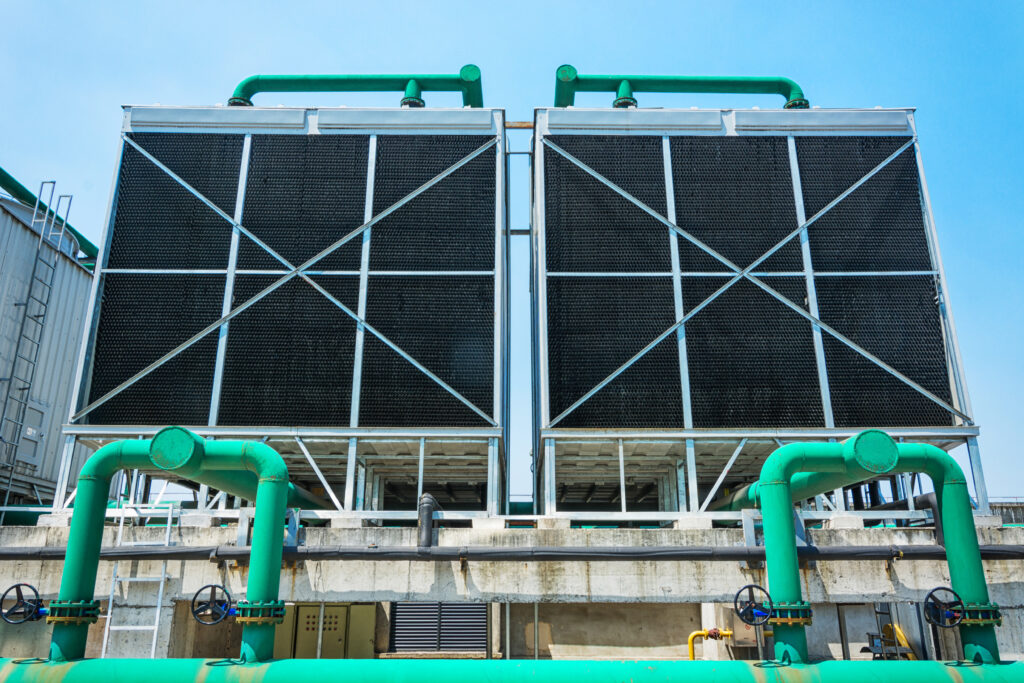Why Is It Beneficial to Replace Compressed Air Filter Elements?

Replacing compressed air filter elements is a crucial maintenance task that is often overlooked but has significant benefits for the efficiency and longevity of your compressed air system. Compressed air filters are designed to remove moisture, oil, dirt, and other contaminants from the compressed air stream. Still, these contaminants can accumulate over time in the filter element and reduce its effectiveness. This can lead to lower air quality, increased energy consumption, and premature wear and tear on your equipment, resulting in higher operating costs and potential regulatory non-compliance.
Here are some benefits of replacing compressed air filter elements:
Improved air quality: Over time, compressed air filter elements accumulate dust, debris, and other contaminants that can reduce the air quality. Replacing the filter elements helps to improve the air quality by removing these contaminants and ensuring that the compressed air is clean and dry.
Increased efficiency: When compressed air filter elements become clogged, it can restrict airflow through the system, leading to a drop in efficiency. Replacing the filter elements can restore the airflow and increase the system’s efficiency.
Lower maintenance costs: Neglecting to replace compressed air filter elements can lead to higher maintenance costs over time. When filters become clogged, it can put additional strain on the compressor and other components of the system, leading to more frequent breakdowns and repairs.
Extended equipment life: Clean and dry compressed air can help extend the equipment’s life by reducing wear and tear on the components. Replacing the filter elements helps ensure that the compressed air system operates at peak performance,
What Type of Air Dryer Do You Need?
The type of air dryer you need depends on various factors, such as the size of your compressed air system, the level of air quality required for your application, and the operating conditions of your system. Several types of air dryers are available in the market, each with its advantages and disadvantages. Here are some of the most common types of air dryers:
Refrigerated air dryer: This air dryer cools the compressed air to a temperature below the dew point to remove moisture. Refrigerated air dryers are suitable for applications that require dry air with a pressure dew point between 35°F and 50°F.
Desiccant air dryer: This type of air dryer uses a desiccant material, such as silica gel or activated alumina, to adsorb moisture from the compressed air stream. Desiccant air dryers are suitable for applications that require dry air with a pressure dew point as low as -100°F.
Membrane air dryer: This type of air dryer uses a semi-permeable membrane to separate water vapor from the compressed air. Membrane air dryers are suitable for applications that require dehydrated air with a pressure dew point as low as -40°F.
Deliquescent air dryer: This type of air dryer uses a salt-based desiccant to absorb moisture from the compressed air stream. Deliquescent air dryers are suitable for applications that require dry air with a pressure dew point between 20°F and 30°F.
The choice of air dryer will depend on the specific requirements of your compressed air system. It is essential to consult with a compressed air system expert to determine the most appropriate type of air dryer for your application.
Top Signs You Need to Replace or Repair Your Compressor
Here are the top signs that indicate you may need to replace or repair your compressor:
Decreased Performance: If your compressor is not delivering the expected amount of compressed air or is taking longer than usual to reach the desired pressure level, it could be a sign of decreased performance. This could be due to worn or damaged components in the compressor, which may need to be repaired or replaced.
Increased Noise: If your compressor is making unusual or louder-than-normal noise, it could be a sign of a problem with the compressor. The cause of the noise could be due to a variety of issues, such as worn bearings or loose belts.
Leaking Oil or Air: If you notice oil or air leaking from your compressor, it could indicate a problem with the compressor’s seals, gaskets, or other components. Oil leaks could also indicate a problem with the compressor’s lubrication system.
Excessive Vibration: If your compressor is vibrating excessively or shaking, it could indicate an imbalance in its rotating components. This could cause damage to the compressor over time and may need to be repaired or replaced.
High Operating Temperature: If the operating temperature of your compressor is higher than usual, it could indicate a problem with the cooling system. This could cause the compressor to overheat, leading to reduced performance and potential damage to the compressor.
If you notice any of these signs, it is essential to have your compressor inspected by a qualified technician. In some cases, a simple repair may be all that is needed to fix the problem. However, if the compressor is old or severely damaged, it may need to be replaced. Regular maintenance and inspection can help prevent these problems and prolong the lifespan of your compressor.
Advantages of Changing Compressed Air Filter Elements Regularly
Here are the 5 advantages of changing compressed air filter elements regularly:
Removal of Contaminants: Compressed air filter elements are designed to remove moisture, oil, dust, and other contaminants from the compressed air stream. Regularly changing the filter elements ensures that these contaminants are effectively removed, preventing them from damaging downstream equipment and ensuring the compressed air quality.
Reduces System Downtimes: Dirty or clogged filter elements can lead to increased pressure drop, reducing the efficiency of the compressed air system and potentially causing system downtime. Regularly changing filter elements helps to maintain proper airflow and pressure, reducing the risk of system downtime and associated costs.
Helps in Reducing Energy Outlay: Dirty or clogged filter elements can also cause the compressor to work harder to maintain the desired pressure levels, resulting in increased energy consumption and higher energy bills. Regularly changing filter elements can help reduce energy consumption, saving energy costs.
Production Efficiency and Safety Standard Maintenance: High-quality compressed air is essential for many manufacturing processes. Regularly changing filter elements ensures that the compressed air is clean and of the required quality, helping to maintain production efficiency and meet safety standards.
Increases the Durability of Compressed Air Systems: Regular maintenance, including changing filter elements, can help prolong the lifespan of the compressed air system by preventing damage to downstream equipment and reducing the risk of system failures. This can save on repair and replacement costs in the long run.
Choosing the Right Air Dryer
Selecting the right air dryer for your compressor is crucial to ensure the quality and longevity of your compressed air system. Various types of air dryers are available, including refrigerated, desiccant, and membrane dryers, each with unique advantages and applications.
To select the right dryer for your application, consider factors such as the desired dew point, the size of your compressor, the operating environment, and the specific requirements of your application.
If you need clarification on which air dryer is best for your compressor, feel free to seek the advice of a qualified technician or compressor supplier. They can help you select a suitable dryer and ensure that your compressed air system operates at peak performance.
Complete Engineered Solutions
In conclusion, regular maintenance, including changing filter elements and monitoring the performance of your air dryer, can help prolong the lifespan of your compressor and save on energy and maintenance costs. So, if you’re in the market for an air dryer, take the time to consider your options carefully, and don’t hesitate to seek expert advice from Complete Engineered Solutions. With the right dryer and maintenance, you can ensure that your compressed air system operates at its best, meeting your specific requirements and providing reliable, high-quality compressed air. If you need assistance selecting the ideal air dryer for your compressor, reach out to a qualified technician or compressor supplier to discuss your specific requirements and get expert advice.
